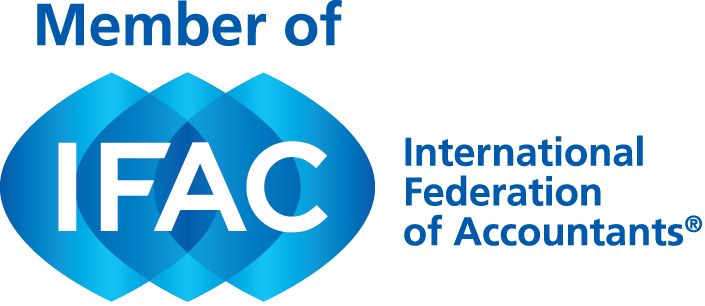|
NEW AND REVISED AUDIT REPORTING STANDARDS
the International Standards on Auditing, issued by the International Auditing and Assurance Standards Board;
the Generally Accepted Auditing Standards, issued by the AICPA in the US; or
any equivalent standard as determined by the Institute or the International Auditing and Assurance Standards Board.
For those using IAASB’s ISAs, please note that revised audit reporting standards were issued in January 2015, which came into effect 15 December 2016. The new standards were established to enhance auditors’ reports for investors and other users of financial statements. The IAASB has developed an auditor’s toolkit, as well as an outline of the changes to the ISAs.
Members are encouraged to review the information and toolkit available here www.iaasb.org/new-auditors-report
SUPPLEMENTS
Statement of Principle Standards of Auditing
In 2016, the Accountants Law and the Accountants (Quality Assurance) Regulations were enacted, formalising the quality assurance review system. An initial Statement of Principle on Auditing Standards was issued in February 2017 and updated in November 2017.
The purpose of this supplement is to provide audit firms with guidance when there is a change of auditor and assist members of the accounting profession in the Cayman Islands. It is not intended to be prescriptive but rather to indicate what would generally be regarded by the accounting profession in the Cayman Islands as best practice.
The purpose of this supplement is to assist members of the accounting profession in the Cayman Islands. It is not intended to be prescriptive but rather to indicate what would generally be regarded by the accounting profession in the Cayman Islands as best practice.
The purpose of this supplement is to suggest wording for inclusion in audit reports in relation to managing the risk of liability, as a result of relying on an audit opinion, to third parties to whom the report is not expressly addressed or intended.
This Supplement seeks to assist audit firms in the Cayman Islands by suggesting wording for inclusion in engagement contracts for attest and non-attest engagements.
This Supplement is in the form of Frequently Asked Questions regarding the obligation to report to CIMA and FRA prescribed primarily in the regulatory laws and the Proceeds of Crime Law and how this relates to professional obligations prescribed in auditing and ethical standards.

